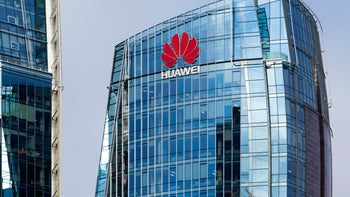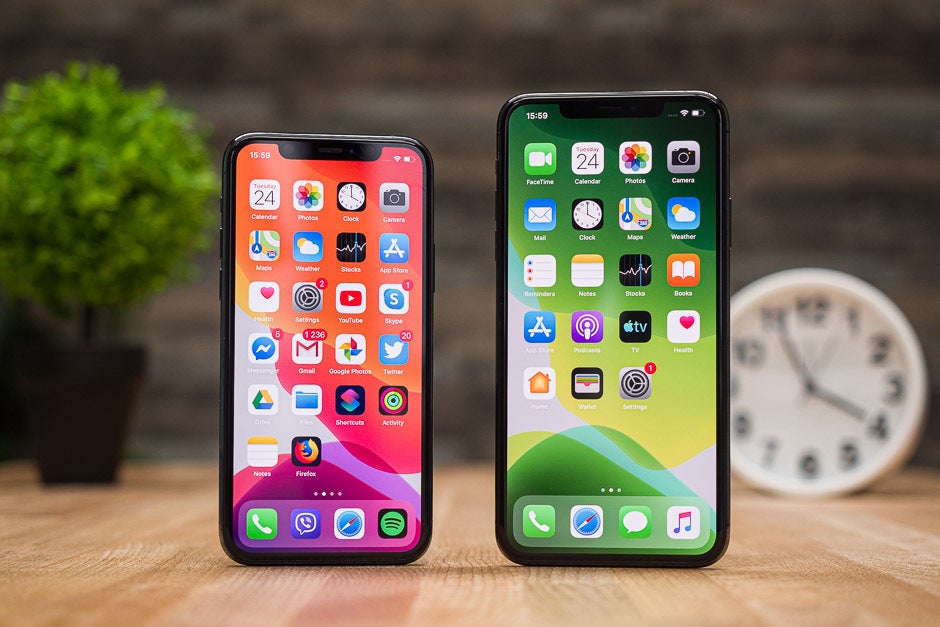U.S. firms shipping to Huawei will get a two-week extension on Monday

A report published by Reuters late Friday says that the U.S. Commerce Department will issue on Monday two-week extensions to U.S. companies who have been supplying components and software to Huawei. While the Chinese manufacturer's placement on the Entity List for security reasons prevents it from accessing its U.S. supply chain, some of Huawei's stateside suppliers received a 90-day temporary license to ship supplies "necessary to maintain and support existing and currently fully operational networks and equipment, including software updates and patches." This 90-day period expires on Monday.
U.S. Commerce Secretary Wilbur Ross told Fox News on Friday that it is handing out the two-week extension because many rural carriers use Huawei networking gear for their 3G and 4G networks. "There are enough problems with telephone service in the rural communities - we don’t want to knock them out. So, one of the main purposes of the temporary general licenses is to let those rural guys continue to operate," Ross said. However, the U.S. has been trying to keep Huawei, the world's largest supplier of networking equipment, out of the new 5G networks being built in the states and by allies. The concern is that Huawei products contain a backdoor that can act as a conduit sending personal and company secrets to Beijing. This has never been proven and Huawei has denied the allegations.
Longer 90-day temporary licenses from the Commerce Department have been held up due to regulatory issues
Meanwhile, the FCC is voting November 22nd on an order that would prevent the Universal Service Fund, used to help provide telecom service in rural areas, from purchasing networking gear from Huawei and ZTE. The FCC will also ask U.S. wireless firms to remove and replace Huawei's networking equipment from their 3G and 4G networks. Back in May, President Donald Trump signed an executive order in which he declared a national emergency and blocked U.S. telecom firms from using networking equipment made by companies considered to be a national security threat. The Commerce Department was supposed to have delivered a plan to enforce this order by the middle of last month, but so far the department has yet to deliver anything on this subject matter.

Tariffs on the Apple iPhone begin on December 15th
While Huawei's placement on the Entity List was ostensibly done for security reasons, there has been some talk about the U.S. using Huawei as a bargaining chip in trade talks with China. Both countries are engaged in a trade war initiated by President Trump in an attempt to reduce the U.S. trade deficit with China. Many economists say that Trump's efforts are misguided since the trade deficit is a sign that U.S. consumers are better off financially than their Chinese counterparts. Both countries have placed tariffs on imports from each other; while Trump "mistakenly" tweeted that the tariffs were bringing in millions of dollars to the U.S. Treasury from China, that is simply not true. A tariff is an import tax and U.S. companies and consumers are the ones who pay the additional amount. Starting on December 15th, some consumer electronics shipped to the U.S. from China (including smartphones) will be subject to a 15% tariff. And that would include the iPhone, which is designed in Cupertino but is manufactured in China. Thus far, Apple has eaten the tax itself on products like the Apple Watch and the wireless Bluetooth AirPods and we expect it to do the same for the iPhone.
Meanwhile, over 200 U.S. tech firms await a 90-day license from the U.S. Commerce Department that would allow them to ship supplies to Huawei. One source told Reuters that these longer term licenses will be released but are currently being held up over regulatory issues. Meanwhile, the U.S. and China are in trade talks with both sides seeking to end the long-running trade war.










Things that are NOT allowed: